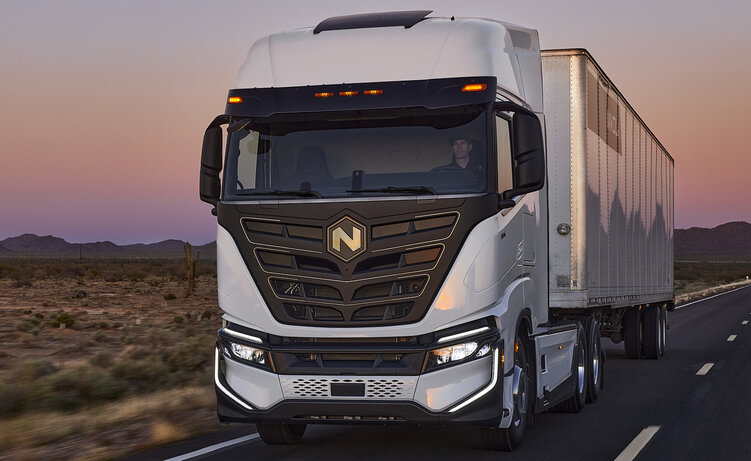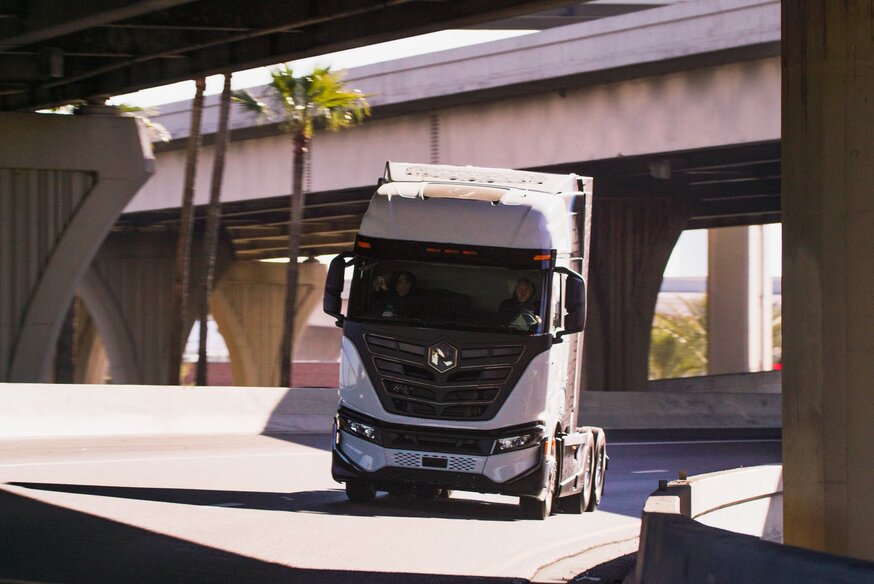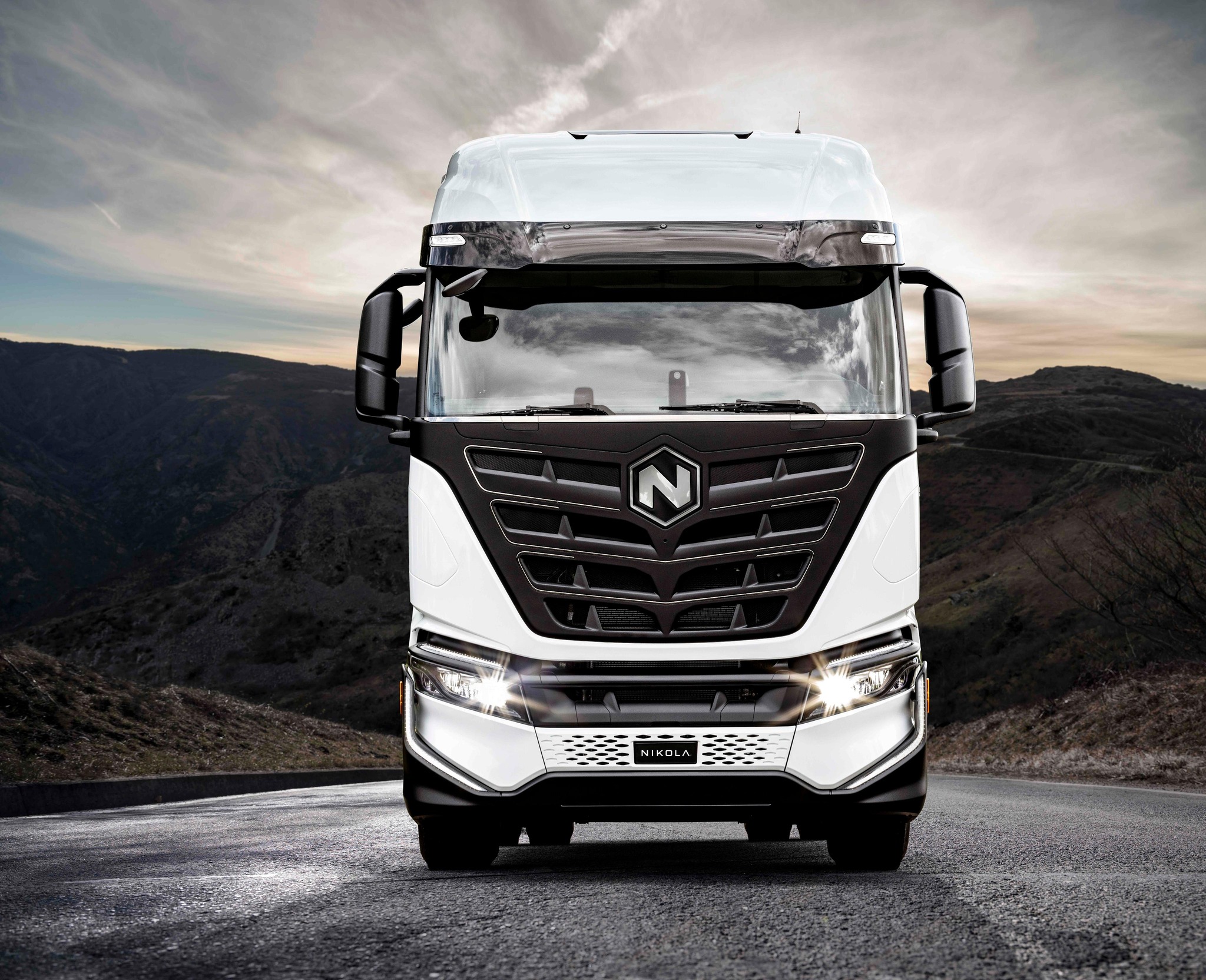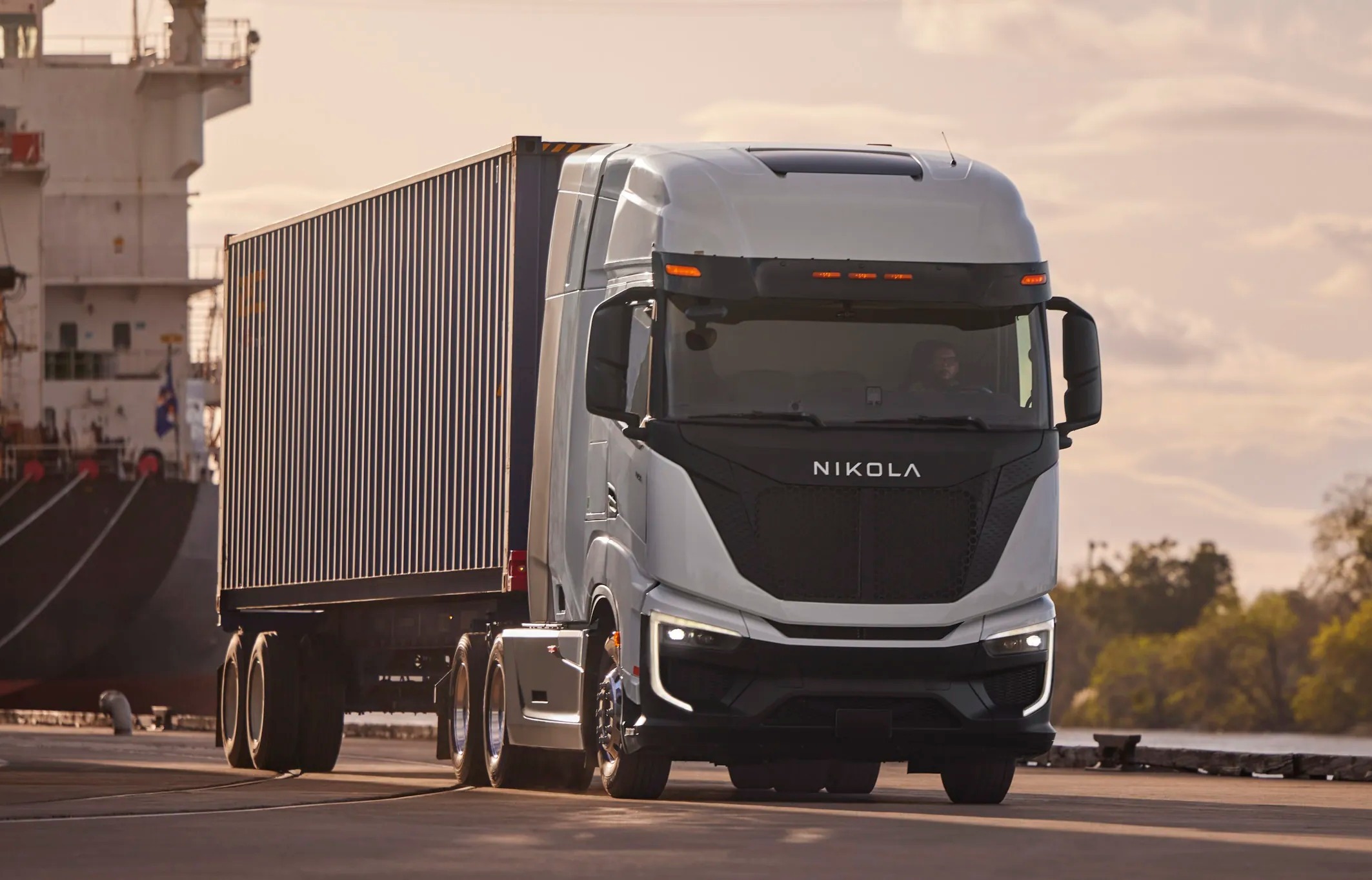n a recent business update, Nikola Corporation, the electric vehicle (EV) startup, has revealed plans to reduce cash usage and undertake a “reorganizing” of its workforce. With a renewed focus on the North American market, the company aims to streamline operations and ensure the continued production of its zero-emissions trucks.
Nikola Corporation ($NKLA) has been striving to establish itself as a viable player in the zero-emission commercial vehicle sector, despite a tumultuous past marred by controversies. Since the appointment of new executives, the company has made significant strides towards regaining credibility and has shown determination to overcome obstacles.
Over the years, Nikola Corporation has undergone several restructuring efforts aimed at optimizing its operations, particularly in the production of zero-emissions trucks and their accompanying batteries. While the company faced some setbacks towards the end of 2022, there was an air of optimism as stakeholders looked forward to the current year.
Last month, the company disclosed its Q1 2023 earnings, which revealed growing losses. Consequently, Nikola announced a shift in its business strategy, narrowing its focus to North America. As part of this move, the company divested its stake in the European joint venture with Iveco Group, yielding $35 million in cash and the return of 20.6 million shares of stock.
Today, Nikola Corporation provided an update on its progress, including measures to reduce non-essential expenditures and a slight reduction in its current workforce.
CEO Michael Lohscheller shared details of the company’s optimized business plan, reiterating the emphasis on North America, zero-emission truck production, and the HYLA hydrogen business. Lohscheller stated, “We are proactively managing costs and reducing expenses. We are streamlining operations, including our organizational structure, to efficiently execute our objectives.”
To bolster financial stability and optimize cash flow, Nikola outlined several business actions it plans to implement:
- Realignment of cost structure and reduction of cash usage through workforce reorganization and rationalization of expenses across all areas of the business.
- Focus on the North American marketplace, including the planned sale of the company’s joint venture share to Iveco Group.
- Localization of the supply chain where possible, including the transition of battery manufacturing from Cypress, Calif., to the Nikola plant in Coolidge, Ariz., as well as the assembly of Bosch fuel cell power modules in Coolidge. These measures are expected to reduce truck material costs.
- Prioritization of a capital-efficient approach for the HYLA hydrogen energy infrastructure business, including a strategic partnership with Voltera to develop up to 50 hydrogen stations over the next five years.
- Concentrated efforts to launch the company’s Class 8 hydrogen fuel cell electric truck in Q3, which has already garnered 178 sales orders from 14 end customers.
- Optimization of production at the Coolidge, Ariz., manufacturing facility to accommodate both battery-electric and hydrogen fuel cell electric trucks on a single assembly line.
- Ongoing restructuring of the legacy Romeo business and closure of the legacy Cypress operations.
Of notable significance is the implementation of job cuts. While layoffs are never favorable, Nikola believes it is a necessary step to optimize its business going forward. Approximately 150 employees involved in Nikola’s European programs and another 120 employees from the Phoenix and Coolidge sites will be affected.
These job cuts are expected to yield annual savings of over $50 million for Nikola, while around 900 employees will remain with the company. Nikola has expressed its commitment to providing support and transition assistance to those affected.
As a result of the aforementioned measures, Nikola Corporation anticipates reducing its annual cash usage to under $400 million by 2024. Industry observers eagerly await the company





